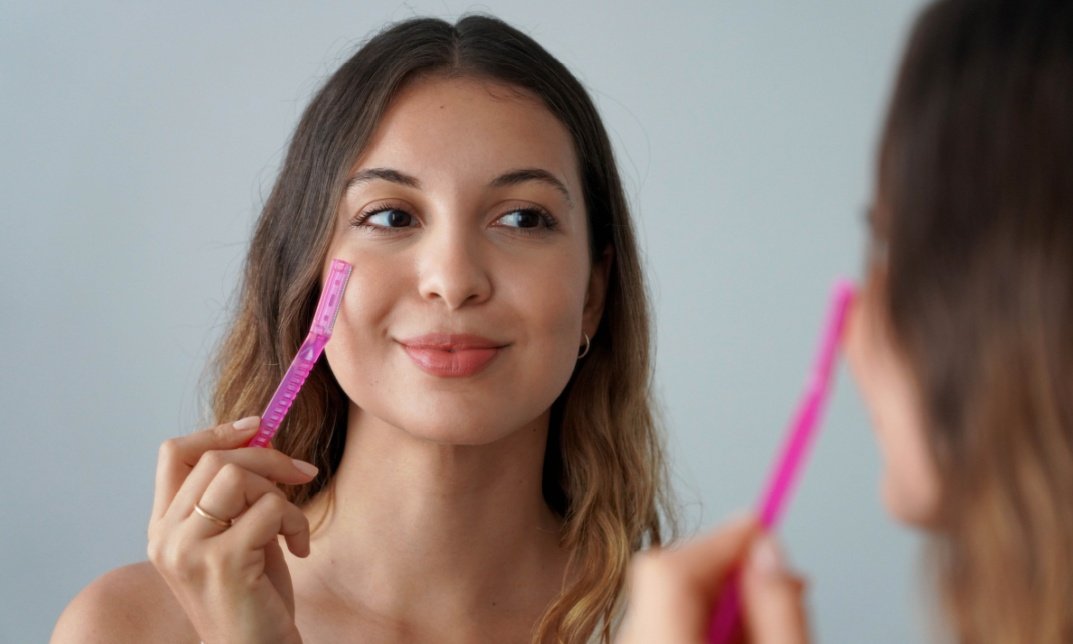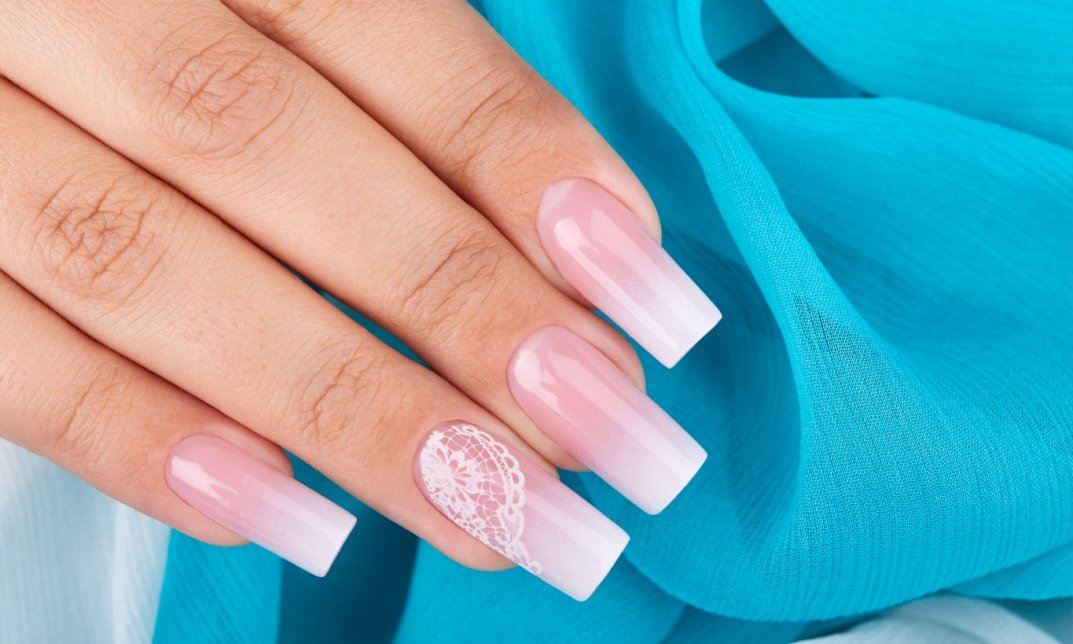No products in the cart.
Can a therapy as seemingly innocuous as reflexology truly have side effects? Thus, it is crucial to delve into the realm of this popular holistic treatment and uncover the truth. As a result, we will examine the potential side effects of reflexology, a topic often overlooked in the pursuit of wellness. Reflexology, a practice that involves applying pressure to specific points on the feet, hands, or ears, has gained widespread acceptance as a complementary therapy. However, as with any treatment, it is essential to acknowledge the possibility of adverse reactions. Hence, this article aims to provide an in-depth exploration of the side effects of reflexology, ensuring that you are fully informed before embarking on this therapeutic journey.

Understanding Reflexology
Before we dive into the potential side effects, it is vital to comprehend the principles of reflexology. This ancient practice is based on the concept that specific areas on the feet, hands, or ears correspond to particular organs and systems within the body. By applying pressure to these areas, reflexologists believe that they can stimulate the body’s natural healing processes, thus promoting overall well-being.
The Side Effects of Reflexology
While reflexology is generally considered a safe and non-invasive treatment, there are potential side effects to be aware of. Therefore, it is crucial to discuss these with your reflexologist before undergoing treatment. Some of the possible side effects of reflexology include:
- Pain or discomfort: As with any massage or pressure-based therapy, reflexology can cause temporary pain or discomfort, especially if the therapist applies too much pressure.
- Fatigue: Reflexology can be a deeply relaxing experience, which may lead to feelings of fatigue or drowsiness.
- Emotional releases: The therapy can stimulate emotional releases, such as crying or feelings of anxiety, as the body releases stored tension.
- Increased urination: Reflexology can stimulate the lymphatic system, leading to increased urination.
Who Should Avoid Reflexology?
While reflexology is beneficial for many, it may not be suitable for everyone. Here are some situations where caution is advised:
- Pregnancy: Pregnant women should consult their healthcare provider before undergoing reflexology, as certain pressure points may induce contractions.
- Foot Injuries: People with recent foot injuries or surgeries should avoid reflexology until they have fully healed.
- Chronic Health Conditions: People with chronic health conditions such as diabetes or circulatory problems should seek medical advice before trying reflexology.

A Guide to Reflexology Techniques
To better understand the side effects of reflexology, it is helpful to familiarize yourself with the various techniques employed by reflexologists. Some of the most common techniques include:
- Thumb walking: A gentle, gliding motion with the thumbs used to stimulate the reflex points.
- Finger pressure: Applying pressure with the fingers to specific reflex points.
- Kneading: A gentle, squeezing motion often used on the soles of the feet.
Tips for a Safe and Effective Reflexology Experience
To minimise the risk of side effects and ensure a safe and effective reflexology experience, follow these guidelines:
- Find a qualified reflexologist: Research and select a reflexologist with proper training and experience.
- Communicate openly: Inform your reflexologist of any medical conditions, concerns, or discomfort during the treatment.
- Start slowly: Begin with gentle pressure and gradually increase as needed.
Conclusion
While reflexology is generally considered a safe and beneficial therapy, it is essential to acknowledge the potential side effects. By understanding these risks and taking the necessary precautions, you can enjoy the many benefits of reflexology, from reduced stress and anxiety to improved overall well-being. Thus, it is crucial to approach reflexology with an open mind and a willingness to discuss any concerns with your reflexologist. As a result, we hope that this comprehensive guide has provided you with a deeper understanding of the side effects of reflexology, empowering you to make informed decisions about your health and wellness. So, the next time you consider reflexology,




